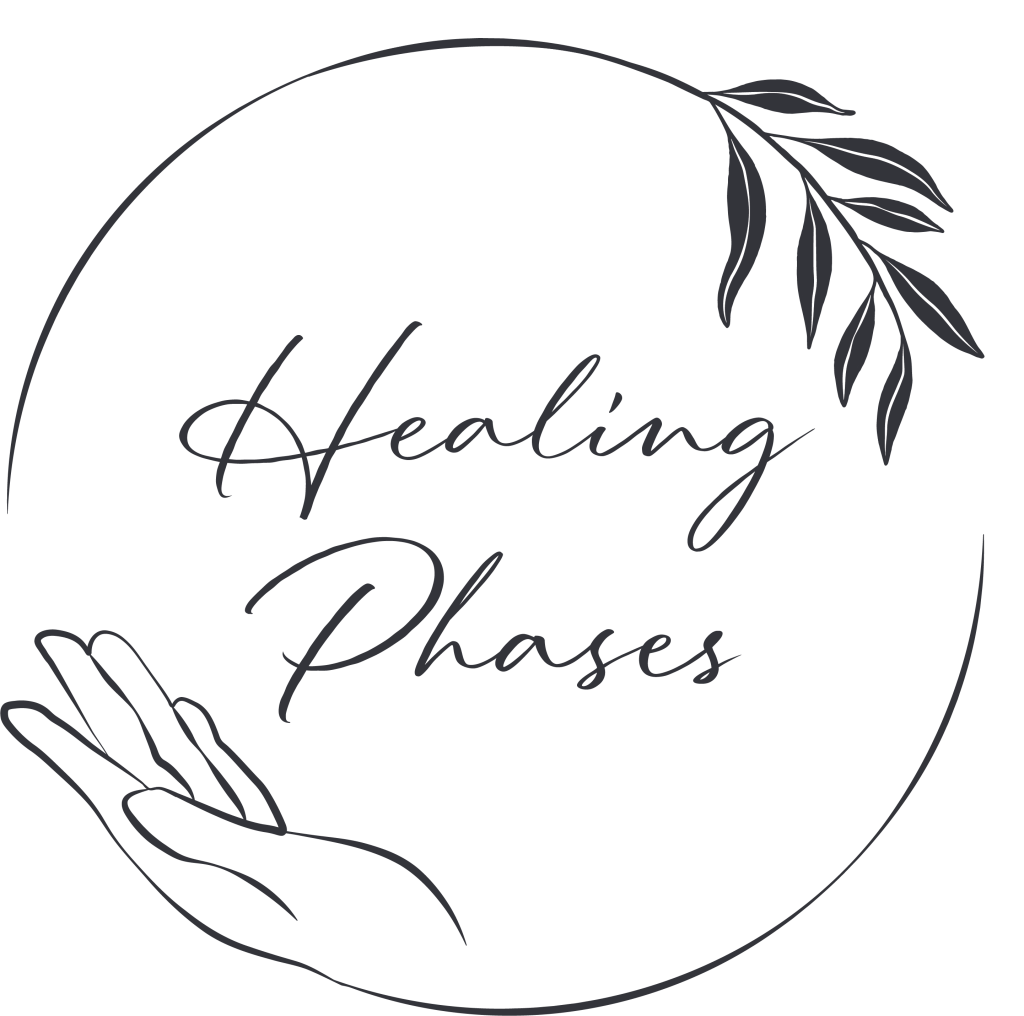Introduction
Marital betrayal can feel like your entire world is burning down. When infidelity enters the relationship, the betrayed partner is left in shock, and the one who betrayed often panics—racing to do whatever it takes to “fix it.” But in that desperate panic to save the marriage, the betrayer often overlooks the most essential piece of the healing process: working on themselves.
Why Quick Fixes Don’t Work After Betrayal
As a psychotherapist, I’ve seen how people rush to “fix” marital betrayal. There are frantic confessions, overcompensating gestures, or strict accountability routines. This urgency is understandable. But it’s not the same as doing the inner work. Quick actions may soothe guilt, but they don’t address the roots of the betrayal.
Sitting in the Ashes
Breakdowns, while painful, can be the starting point of breakthroughs—if you’re willing to stop rushing and start feeling (Bell, 2016). It’s a time to ask honest questions like:
-
What was I avoiding?
-
What parts of myself have gone unexplored?
-
How did I become disconnected from my values?
This process echoes the idea that transformation often begins in the wreckage (Bell, 2016). These are not easy conversations. But they are the kind that start to rebuild something real.
Shame, Vulnerability, and Real Repair
What looks like urgency to repair is often shame in disguise. Shame whispers “I’m a bad person,” which pushes people to hide or hustle for approval. But true healing after infidelity requires the opposite—courage, openness, and vulnerability (Brown, 2012).
Rebuilding from the Inside Out
Trying to repair a marriage without addressing your own emotional and relational wounds is like trying to put out a fire while the gas line is still leaking. Sustainable healing after marital betrayal involves:
-
Deep self-reflection
-
Ownership of one’s choices
-
Commitment to becoming more emotionally whole
Only then can authentic connection begin to take root again.
A New Kind of Relationship
Sometimes, what feels like the end is actually the beginning of a new relationship—one based on truth, growth, and emotional integrity. If both partners are willing to do the internal and relational work, something new can emerge from the ashes (Bell, 2016).
Need Support Moving Forward?
If you’re struggling in the aftermath of marital betrayal, know that you’re not alone. I’ve helped individuals on both sides of infidelity—those betrayed and those who have betrayed—find clarity and healing.
Jeff Wert at Healing Phases Wellness in Reading, PA (Exeter) offers compassionate, integrative support through this deeply personal process.
📞 Schedule a free 15-minute consultation today to see if we’re a good fit.
healingphaseswellness.com | schedule today | @healingphaseswellness | jeff@healingphaseswellness.com
References
Bell, R. (2016). How to be here: A guide to creating a life worth living. HarperOne.
Brown, B. (2012). Daring greatly: How the courage to be vulnerable transforms the way we live, love, parent, and lead. Gotham Books.



